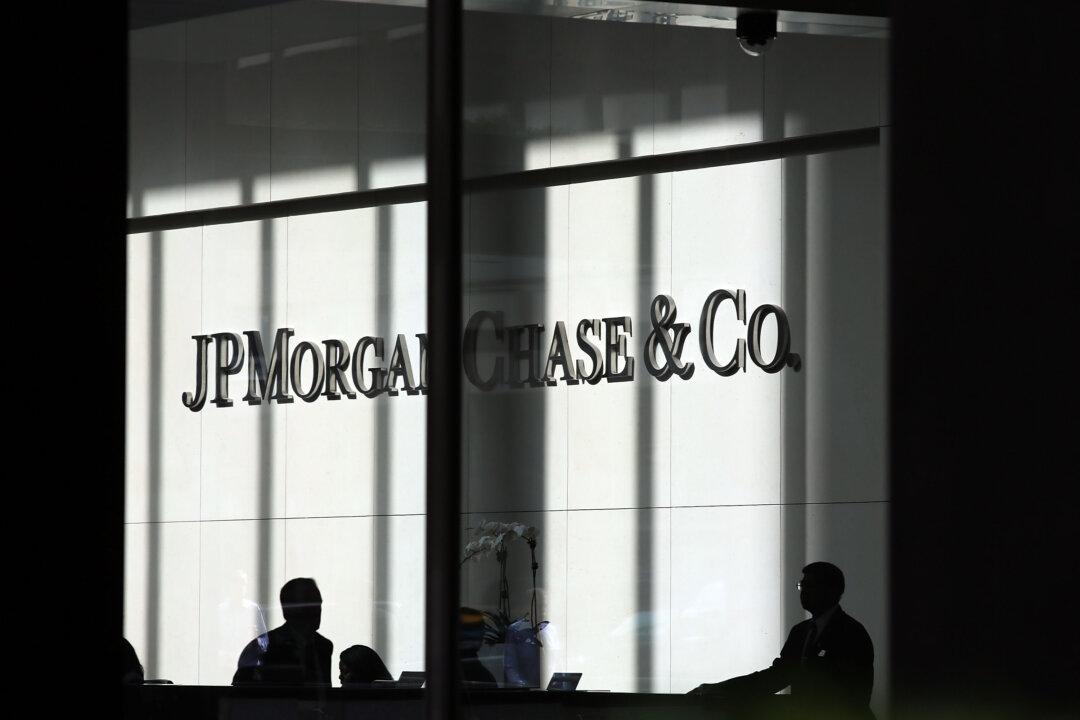In the spring of 2022, Sam Brownback, a former U.S. senator, governor of Kansas, and U.S. ambassador, co-founded the National Committee for Religious Freedom (NCRF) to, in his words, “protect the right to the free exercise of faith for all Americans.”
NCRF’s board members decided to set up the non-profit’s bank accounts at JPMorgan Chase.





